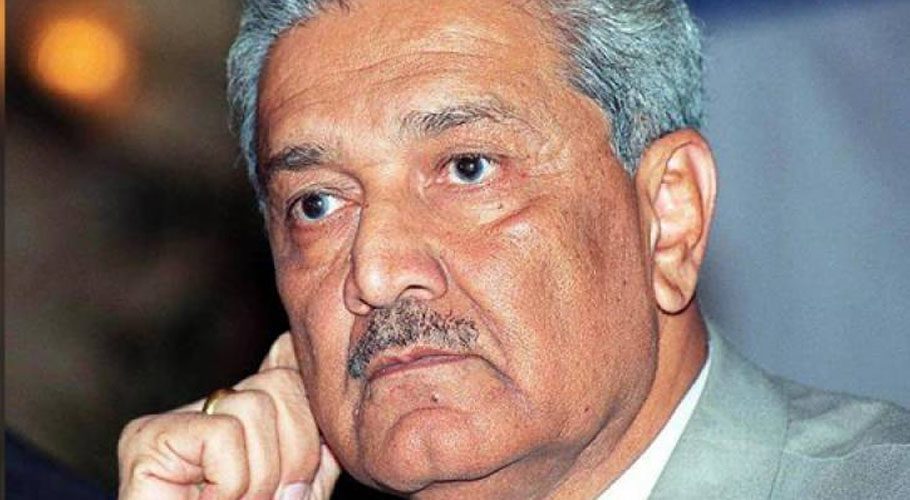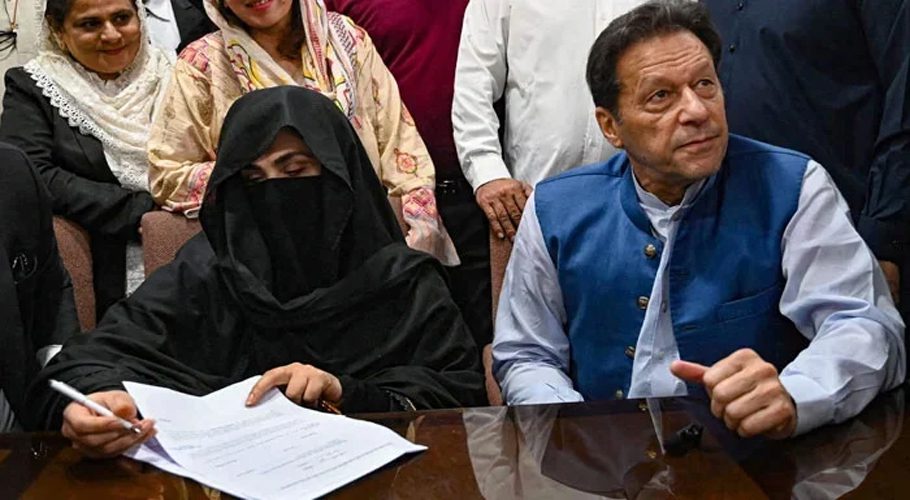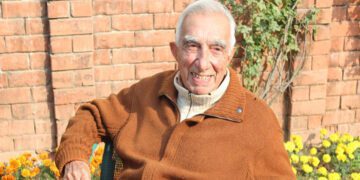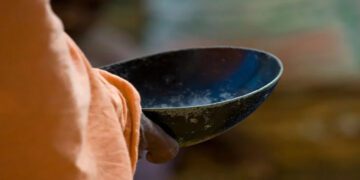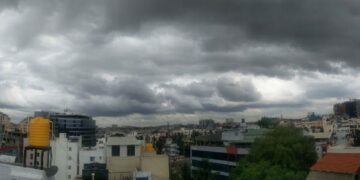![]() Follow Us on Google News
Follow Us on Google News
ISLAMABAD: Renowned nuclear scientist Dr Abdul Qadeer Khan has passed away at the age of 85.
The family of the nuclear physicist has confirmed his passing, saying he was shifted to a hospital in critical care after his health deteriorated where he passed away on Sunday morning. His funeral prayers will be held at the Faisal Mosque at 3:15PM, his family said.
Dr Abdul Qadeer Khan’s health worsened on Saturday night, after which he was brought to the KRL hospital due to lung’s problem. Doctors attempted to save the scientist’s life but were unsuccessful.
Dr AQ Khan is considered the father of Pakistan’s nuclear programme and is revered at home as a hero for building the Muslim world’s first atomic bomb.
Abdul Qadeer Khan was born on 1 April 1936 in Bhopal (Present-day India). He migrated to Pakistan in 1951 and received his early education in Karachi.
Khan joined the D.J. Science College Karachi, where he studies physics and mathematics. He earned a B.Sc. degree in physical metallurgy at the University of Karachi in 1960. Khan accepted a job as an inspector of weight and measures in Karachi after graduation. He later resigned and went to work in the Netherlands in the 1970’s.
Khan gained fame as a talented scientist at the nuclear plant he worked in. He had special access to the most restricted areas of the URENCO facility. In December 1974, he returned to Pakistan and joined clandestine efforts to develop atomic weapons. He founded the Khan Research Laboratories (KRL) in 1976 and was both its chief scientist and director for many years.
He tried to convince Prime Minister Zulfikar Ali Bhutto to adopt his Uranium route rather than Plutonium route in building nuclear weapons. He also developed close ties with President General Zia-ul-Haq.
After his role in Pakistan’s nuclear program, Khan re-organized Pakistani’s national space agency, SUPARCO. In the late 1990s, Khan played an important role in Pakistan’s space program, particularly Pakistan’s first Polar Satellite Launch Vehicle (PSLV) project and the Satellite Launch Vehicle (SLV).
Khan came under renewed scrutiny following the September 11, 2001 attacks in the United States. He was placed under house arrest in 2004 during President Gen Musharraf’s era. He was released from house arrest in February 2009.
Khan was also a key figure in the establishment of several engineering universities in Pakistan. Khan remained widely popular among Pakistanis and he is considered domestically to be one of the most influential and respected scientists in Pakistan. Referred to as Mohsin-e-Pakistan, he awarded the Hilal-e-Imtiaz in 1989 and Nishan-e-Imtiaz in 1999.
Developing story, To be Updated.

